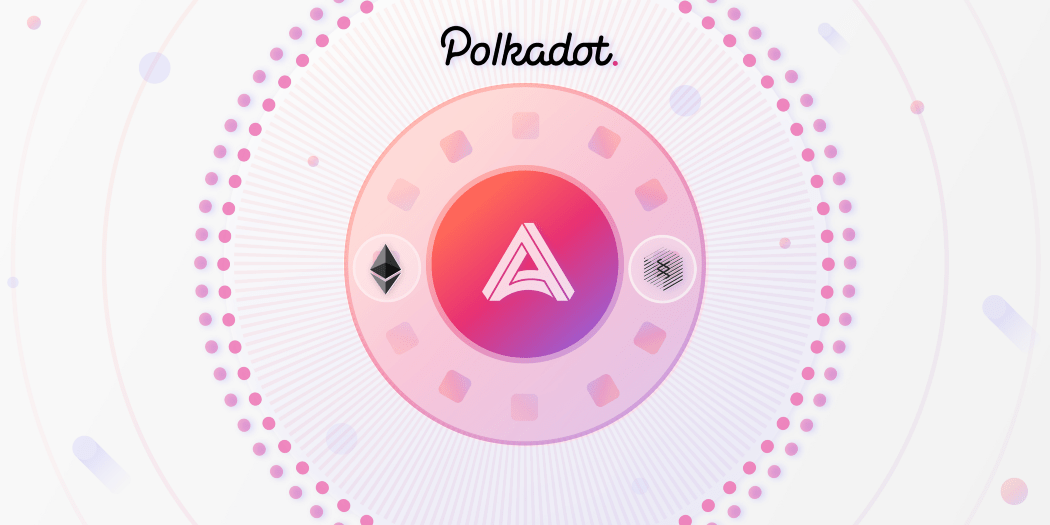
Acala, one of Polkadot’s main parachains, has unveiled a pivotal update to connect both projects with Ethereum. Acala already serves as a DeFi hub and stablecoin issuance platform on the Polkadot. Presently, the project is developing its own Ethereum Virtual Machine, called the Acala EVM. The new update will offer full-stack composability to developers amongst Acala itself, Ethereum’s Solidity programming language, Polkadot’s Substrate programming language, and WebAssembly or Wasm.
Moreover, Acala is a stablecoin for Polkadot based on Substrate. Via the new EVM, developers will employ native tokens or multi-chain tokens like DOT, aUSD, ACA, renBTC with ERC-20 tokens, and even Bitcoin. Acala EVM users will be capable of employing their UNI token, for instance, on the Acala platform and complete a transaction. Additionally, users will be capable of utilizing any token to repay transaction validation fees on Acala. Apart from that, users can make recurring payments. Thus, Acala enables subscriptions to particular services. The platform already volunteers synthetic asset trading, lending, borrowing, interest-earning, etc.
Acala’s EVM offers On-Chain scheduling
Additionally, the Acala EVM will facilitate on-chain scheduling and significant DeFi activities such as stablecoin lending and DEX activity. An oracle contract will present price feeds. Acala also intends to provide micro gas fees. This indicates that it will potentially render a faster and less expensive choice to Ethereum. Moreover, Ethereum is recently suffering due to high transactions costs. With the guidance of Acala, Polkadot developers are contending against Ethereum to become the preeminent Web3 blockchain. Nevertheless, surpassing Ethereum will not be an effortless task.
Ethereum has above 1 million users, and virtually every significant DeFi protocol operates in the Ethereum blockchain. It processes above 1 million transactions every day, while Polkascan symbolizes that Polkadot processes 10,000-20,000 transactions per day. Nevertheless, Polkadot can execute transactions instantly; enticing developers may be a complex issue given Ethereum’s popularity. Although Ethereum is under pressure from high transaction volumes, embracing Acala could be an attractive option for developers.
Follow BitcoinWorld for the latest updates.
Disclaimer: The information provided is not trading advice, Bitcoinworld.co.in holds no liability for any investments made based on the information provided on this page. We strongly recommend independent research and/or consultation with a qualified professional before making any investment decisions.

